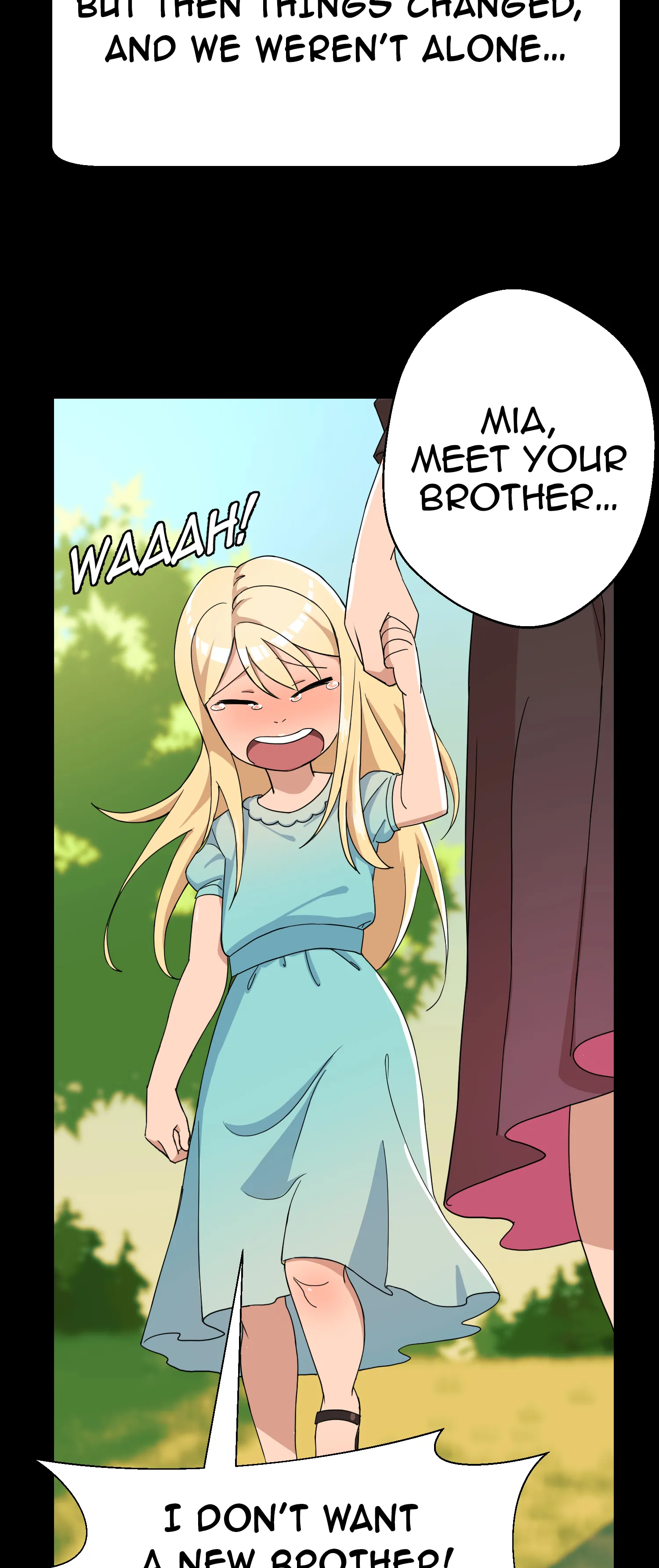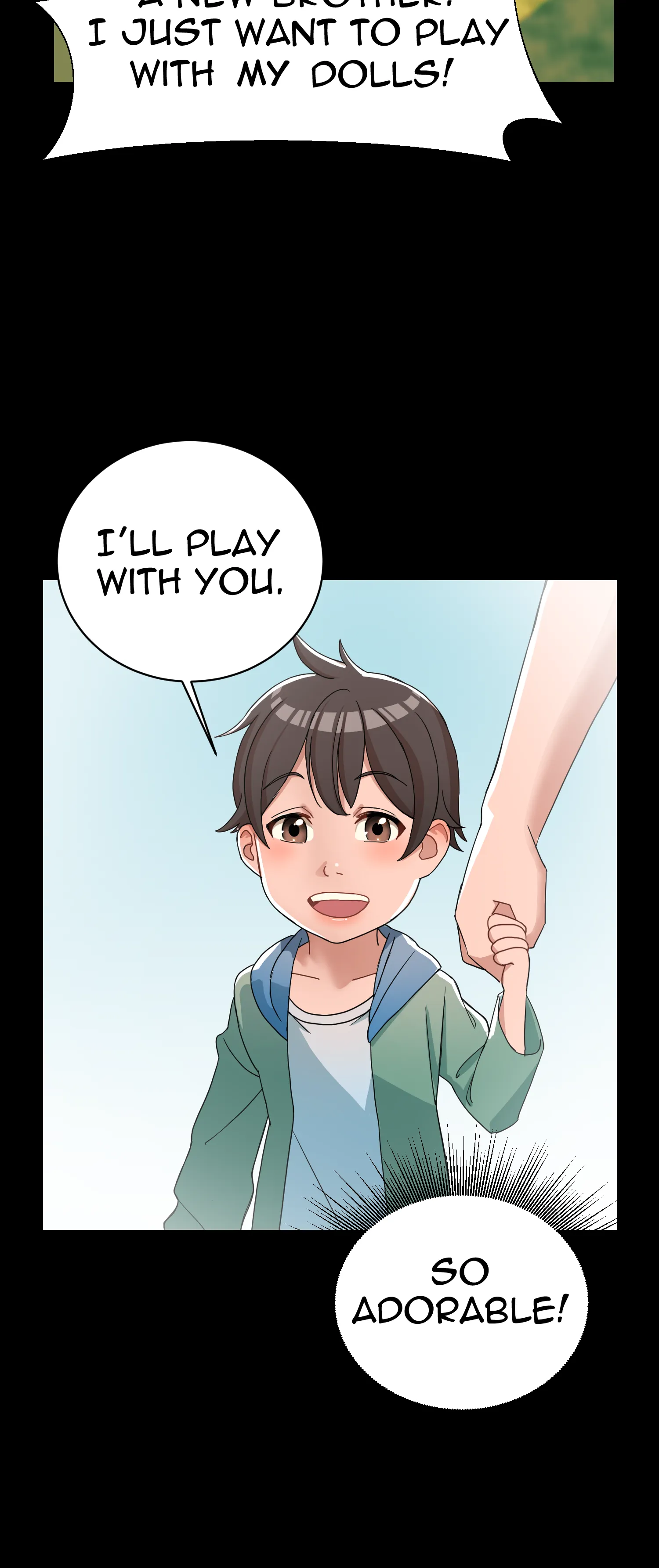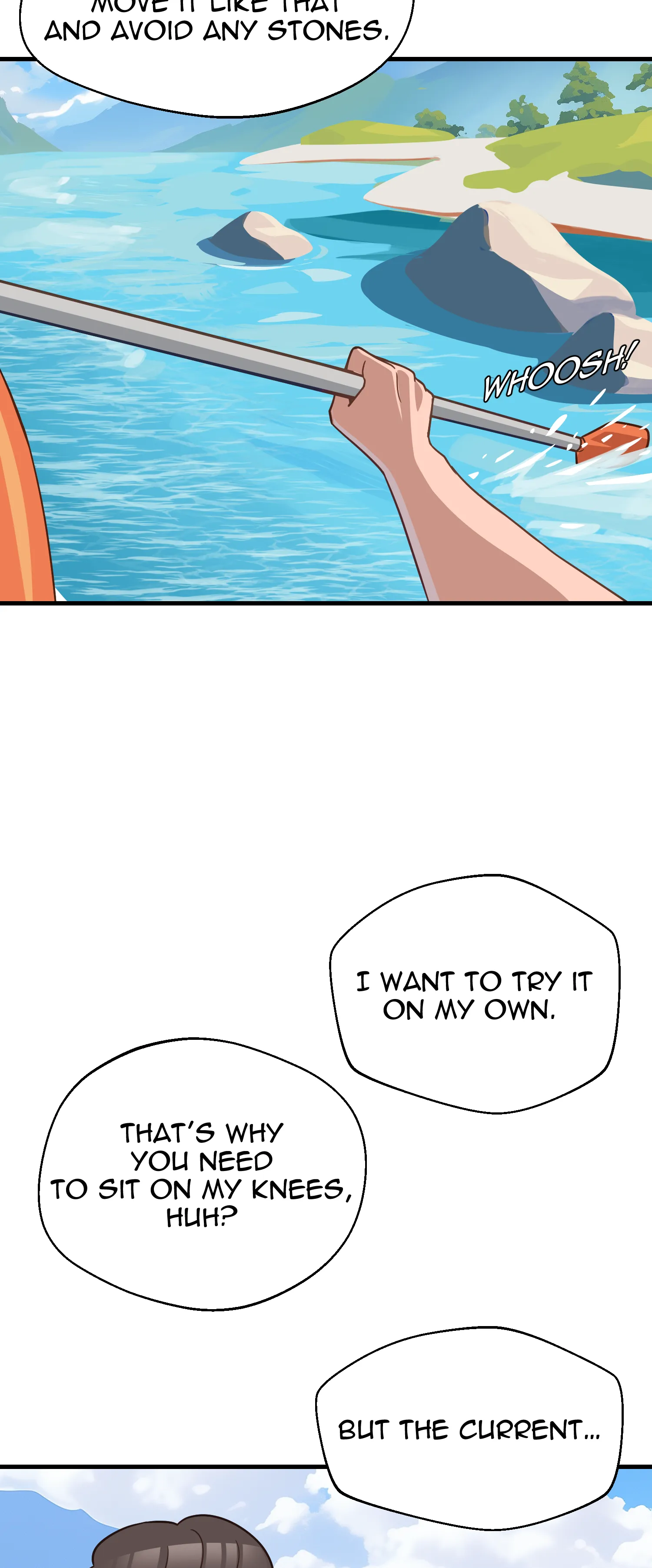Teach Me First Comic Read: Your Gentle Guide To Beginning A New Hobby
Starting something new, like getting into comic books, can feel a little overwhelming, a bit like stepping into a very large library for the very first time. There are so many stories, so many characters, and so many different art styles to discover. You might be wondering just where to even begin, what to pick up first, or how to make sense of it all. That's a common feeling, and you are not alone in it.
This guide is here to help you get started, offering a friendly hand as you begin your reading adventure. We will look at how you can approach reading comics, making it a fun and rewarding experience. Think of it as learning a new skill, a bit like how someone might learn to teach, or how they might acquire any new knowledge or ability. You are simply building up a new kind of literacy, really.
We want to show you that learning to read comics, and enjoying them, is quite possible for anyone. It's about finding what speaks to you, then slowly building up your personal collection of stories. So, let's get you ready to explore some truly amazing worlds, and perhaps find your very first comic read today.
- Silent Manga Omnibus A Visual Symphony.linkmaz
- Tamilblasters New Link 2024 Everything You Need To Know.linkmaz
- Prank Goes Wrong Honeytoon Free Read.linkmaz
- Aishah Sofey Leaked.linkmaz
- 1tamilblasters New Domain Your Ultimate Guide To Accessing Tamil Movies.linkmaz
Table of Contents
- Why Start Reading Comics?
- Where to Begin: Picking Your First Read
- The "Teach" Approach to Comic Reading
- Making it a Habit: Continuing Your Comic Adventure
- Frequently Asked Questions
Why Start Reading Comics?
Reading comics offers a unique way to experience stories, combining pictures and words in a special blend. It's a bit like watching a movie and reading a book all at once, which is quite cool. Many people find that comics let them see stories come alive in a way that plain text sometimes cannot. The art can really help you feel the mood and action of a story, which is a big part of their appeal.
You know, learning to read comics is, in a way, like acquiring any new skill or knowledge. As the idea of "teach" suggests, it's about causing someone to get knowledge or skill. Comics can truly teach you about different cultures, historical events, and even complex ideas, all wrapped up in a story. It's a pleasant way to expand your personal horizons, and it can be very rewarding, too.
For someone who enjoys visual storytelling, or perhaps wants to get into reading more, comics provide a very accessible entry point. They are not just for kids, or for people who love superheroes. There are comics for every taste, every age, and every interest, which is pretty amazing. You might find a whole new world waiting for you, just by giving them a try.
- Jennifer Syme.linkmaz
- Basel1.linkmaz
- Aditi Mistry Live App Video.linkmaz
- Xxx Diva Flawless The Ultimate Guide To Achieving Radiant Skin.linkmaz
- Aubreigh Wyatt Note To Parents The Heartfelt Message Thats Tugging At Hearts.linkmaz
Finding Your Entry Point
The first step to getting into comics is often figuring out what kind of stories you enjoy. Do you like fantasy, science fiction, real-life stories, or maybe something funny? Comics come in all these forms, and many more, which is quite nice. Knowing your preferred types of stories can help you narrow down the vast selection that is out there.
Think about movies or TV shows you really like. Chances are, there's a comic book or graphic novel that shares a similar style or theme. This can give you a really good starting point, as you already have a sense of what you might enjoy. It's about connecting with something familiar, then letting that lead you to new discoveries, you know.
Some people get into comics because of a favorite movie character, like a superhero. Others might hear about a compelling independent story that wins awards. There is no single right way to find your entry point, which is kind of the beauty of it. Just pick something that sparks your interest, and give it a read, really.
Where to Begin: Picking Your First Read
Once you have a general idea of what you might like, the next step is to pick an actual comic to read. This can still feel a bit big, but we can break it down. Many people suggest starting with a standalone story, or a collection that gathers a complete storyline, so you don't feel lost in a long series. That's a good tip, actually.
A good first comic read should be something that draws you in quickly and makes you want to keep turning the pages. It does not have to be a classic, or something everyone talks about. It just needs to be something that excites you personally, which is what truly matters. Your first comic read is about personal connection, very much so.
Libraries are a fantastic place to start, as they often have a good selection of graphic novels and collected editions you can borrow for free. This lets you try out different styles and stories without having to buy them. Comic shops are also wonderful places, as the people working there usually know a lot and can give you great suggestions, too.
Popular Starting Points
If you like superheroes, you could look for collected editions that tell a hero's origin story, or a famous storyline that has been compiled. Many publishers put out special volumes for new readers, making it easier to jump in. These often explain who the characters are and what has happened before, which is very helpful.
For those who prefer stories that are more about real life, or personal experiences, independent graphic novels are a great choice. These often tell complete stories in one book, so you do not need to worry about following a long series. They cover a huge range of subjects, from memoirs to historical fiction, and can be very moving, you know.
Manga, which are Japanese comics, are also incredibly popular and offer a different kind of reading experience, usually from right to left. There are many different genres of manga, from action to romance to slice-of-life stories. If you enjoy animated shows, you might find a manga series that really catches your eye, apparently.
Understanding Comic Formats
Comics come in a few common formats, and knowing them can help you pick what is right for you. Single issues are the individual comic books released regularly, often monthly. These are good for following a story as it unfolds, but they can be a bit tricky for beginners because you have to keep up with them, more or less.
Trade paperbacks, or "trades," collect several single issues into one larger book. These are very popular for new readers because they offer a complete story arc, or a good chunk of one, in a single volume. They are usually more affordable than buying all the single issues separately, and they are easier to store, too.
Graphic novels are often original stories told in one complete book, designed from the start to be a longer read. They are not usually made up of previously released single issues. Many people find graphic novels a very welcoming format, as they offer a full story with a clear beginning and end, which is very comforting for a new reader.
The "Teach" Approach to Comic Reading
You know, learning to read comics can be approached much like learning any new skill, similar to how someone might get started in a new career, like teaching. The core idea of "teach" is to cause someone to get knowledge or skill, and that applies perfectly here. It is about guiding you through the steps to become someone who enjoys comics, and really understands them.
Think about how the "teach" platform helps people explore if teaching is right for them, and how it helps them take steps to become a teacher. In the same way, this guide aims to make it easy for you to explore comic reading and take steps to become a comic enthusiast. We are here to support you, just like "teach" supports future teachers from all backgrounds, from high school students to college grads, and even those changing careers, you know.
You can even think of your comic reading journey as having an "account information page," not literally, of course, but as a way to keep track of your progress. From your personal "account information page" of comic reads, you can check on the status of what you have enjoyed, what you want to read next, and how your tastes are developing. This can be done by simply keeping a list or using an app, which is a good way to stay organized.
Learning Like a Pro
To really get good at reading comics, it helps to understand that "teach, instruct, educate, train, discipline, school mean to cause to acquire knowledge or skill." When you read comics, you are actively acquiring knowledge about storytelling, art, and different creative voices. It is a process of instruction, in a way, from the creators to you, the reader.
You can access resources, much like someone might access an "online system" to view services relating to certification. For comics, this means finding reviews, interviews with creators, or fan communities that discuss stories. These are all ways to get more out of your reading, and to connect with others who share your interest, which is very nice.
Just like a "teach grant provides money to students who agree to a teaching service obligation in return for the funding," you invest your time and attention into reading comics. In return for that effort, you get the immense satisfaction of a good story, new perspectives, and a connection to a vibrant art form. It is a rewarding exchange, really.
Resources for Your Comic Journey
Consider the idea of a "world’s most popular online marketplace for original educational resources with more than four million resources available for use today." For comics, this translates to the vast number of digital comic platforms, online stores, and databases that exist. You can find almost any comic you want, or information about it, with just a few clicks, which is quite convenient.
Websites dedicated to comic news, reviews, and creator interviews are like educational resources for your hobby. They can help you learn more about the history of comics, the different genres, and what new titles are coming out. These places can be incredibly helpful in guiding your choices and deepening your appreciation, apparently.
Libraries and local comic shops are also key resources. The staff at comic shops are often very knowledgeable and can give you personalized recommendations based on your interests. They are, in a way, like instructors helping you find the right path in your comic reading education, which is very kind of them.
Making it a Habit: Continuing Your Comic Adventure
Once you have read your first comic, and hopefully enjoyed it, the next step is to keep going. Building a reading habit is like any other consistent practice; it gets easier and more rewarding over time. You might find yourself looking forward to your next comic read, just like you might look forward to a favorite TV show, you know.
Don't feel pressured to read everything or to catch up on decades of stories right away. Take your time, enjoy each story, and let your interests guide you. The world of comics is huge, and there is no rush to explore every corner. It is about enjoying the process, and finding what makes you happy, really.
Remember, "teach applies to any manner of imparting information or skill so that others may learn." As you read more comics, you will naturally gain more skill in understanding the medium. You will start to notice artistic choices, storytelling techniques, and how different creators approach their work. It is a continuous learning process, which is pretty neat.
Exploring New Worlds
After your first few reads, you might find yourself wanting to explore different genres or creators. This is a very natural part of the process. Perhaps you started with superheroes and now want to try a science fiction story, or a historical graphic novel. The possibilities are nearly endless, which is very exciting.
Keep an open mind to different art styles, too. Some comics have very detailed and realistic art, while others might be more cartoony or abstract. Each style brings something different to the story, and you might find that you enjoy a wider range than you first thought. It is all part of the discovery, you see.
Talking to other comic readers, whether online or in person, can also open up new avenues for exploration. They might recommend titles you have never heard of, or share insights that make you look at comics in a new way. It is a community of shared enjoyment, and it is usually very welcoming, too.
Building Your Own Collection
As you continue reading, you might want to start building your own collection of physical comics. This can be a very satisfying part of the hobby. You can collect single issues, trade paperbacks, or even hardcover editions of your favorite stories. Having them on your shelf can be a source of pride, and they are always there for a re-read, apparently.
Some people enjoy collecting specific artists' work, or all the stories of a particular character. Others simply collect whatever looks interesting to them. There is no right or wrong way to collect. It is about what brings you joy and what you want to revisit. Your collection is a reflection of your personal taste, you know.
Remember that "teach is here to make it easy to explore teaching and take steps to become a teacher." In the same way, this guide, and the resources available, are here to make it easy for you to explore comic reading and take steps to become a collector, if that is something you want to do. It is all about making the process enjoyable and accessible for you, really.
Whether you are passionate about shaping young minds, influencing education policy, or simply enjoying a good story, the principles of learning and acquiring knowledge are quite similar. You are taking steps to become a reader, to train yourself in a new way of enjoying stories. You are giving yourself knowledge, in a way, and that is a truly valuable thing to do.
Frequently Asked Questions
What is a good first comic to read?
A good first comic often depends on your personal taste. Many people start with graphic novels that tell a complete story in one book, or collected editions of popular series that provide a clear beginning. Think about genres you already enjoy in movies or books, and look for comics that fit that style. For example, if you like fantasy, you might look for fantasy graphic novels, which is a good starting point.
How do I get into reading comics?
To get into reading comics, start by visiting your local library or a comic book shop. Libraries often have a wide selection of graphic novels you can borrow, which is a nice way to try different things without spending money. At a comic shop, the staff can offer personalized recommendations. Consider what kinds of stories you like, and then look for comics that match those interests. It's about exploring, you know.
Are graphic novels the same as comics?
Graphic novels are a type of comic, but they are typically longer and tell a complete story in one volume, much like a regular novel. Traditional comics often come out as single issues, part of a continuing series. So, while all graphic novels are comics, not all comics are graphic novels. Graphic novels are generally seen as more beginner-friendly because they offer a full, contained story, which is quite convenient.
Learning to read comics is a rewarding journey, a bit like starting any new skill or hobby. It's a way to train yourself to see stories in a different light, to acquire a new kind of literacy. You can find out more about the comic book industry and its many offerings, which is a good way to stay informed. Remember, you can always learn more about comic book history on our site, and also find great suggestions on where to buy your next comic. Just take it one story at a time, and enjoy the wonderful worlds waiting for you.
- Mydesinet Desi Entertainment Giant Or Ethical Minefield Review.linkmaz
- Are Justin Trudeau Melanie Joly Dating Rumors Explored.linkmaz
- Aagmaal Gives.linkmaz
- Wasmo Telegram Link.linkmaz
- Exploring The World Of Silent Manga Omnibus A Comprehensive Guide.linkmaz

Honeytoon - "Teach Me First!", "Ep #1"

Honeytoon - "Teach Me First!", "Prologue

Teach Me First! Ep 6: New Twists Await | HoneyToon